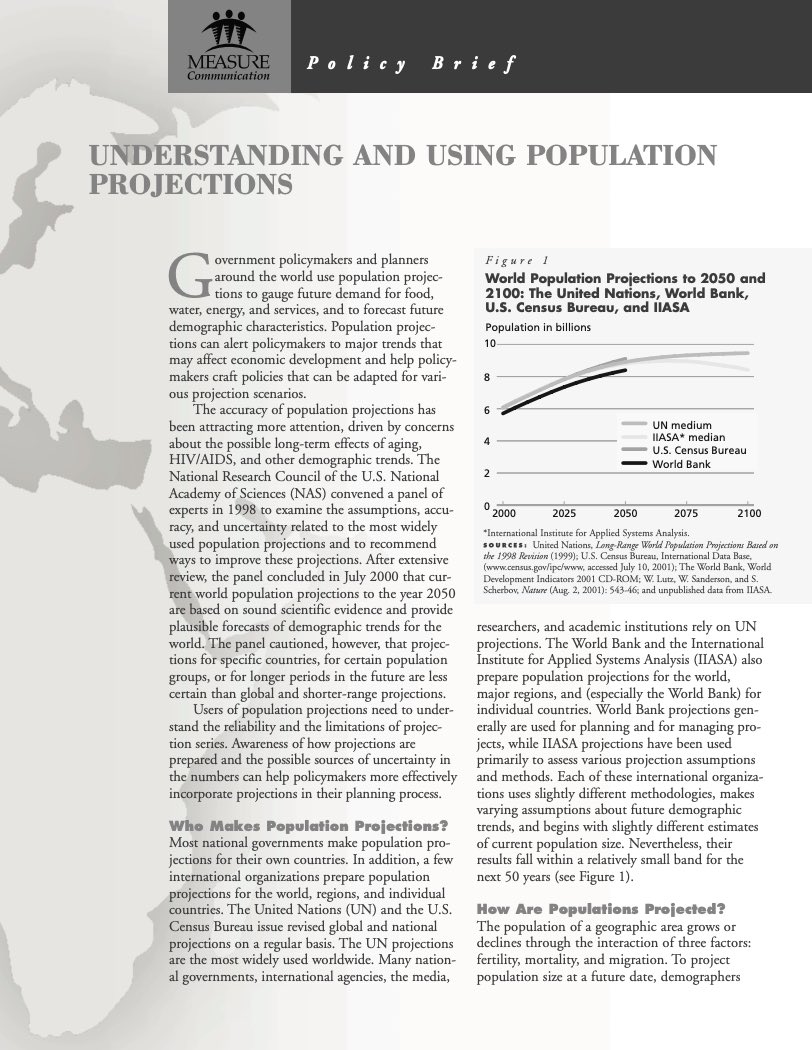Five Generations at Work: A PRB Book Talk Q&A With Author Patrick Dunne
In the book Five Generations at Work: How We Win Together, for Good, authors Patrick Dunne and Rebecca Robins describe how we’re living in a time of unprecedented demographic change, where five generations work alongside each other in an ideologically and politically fractured environment.




